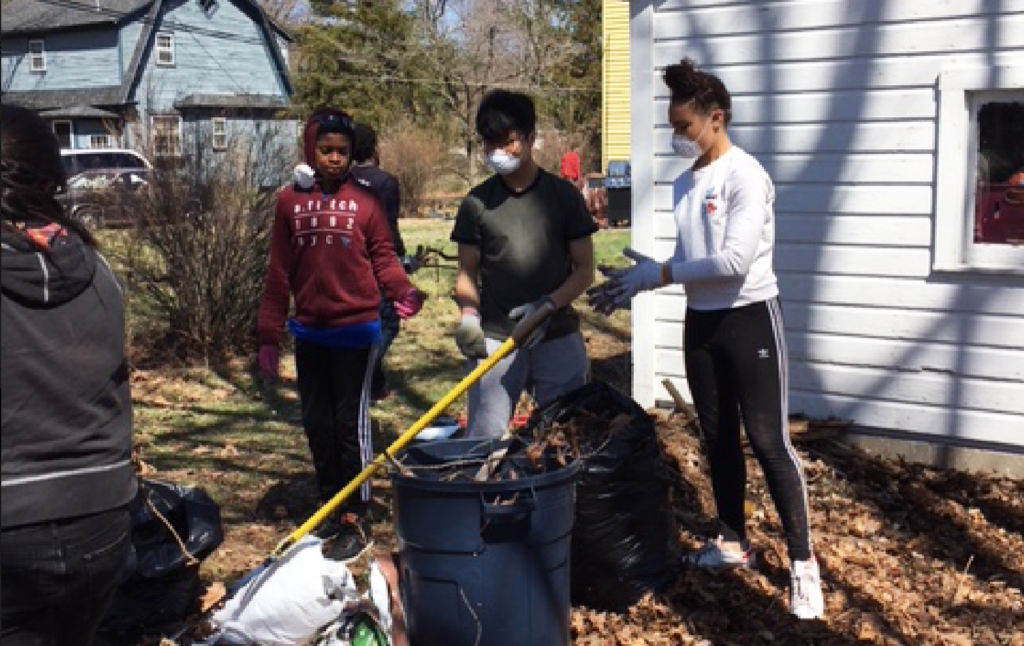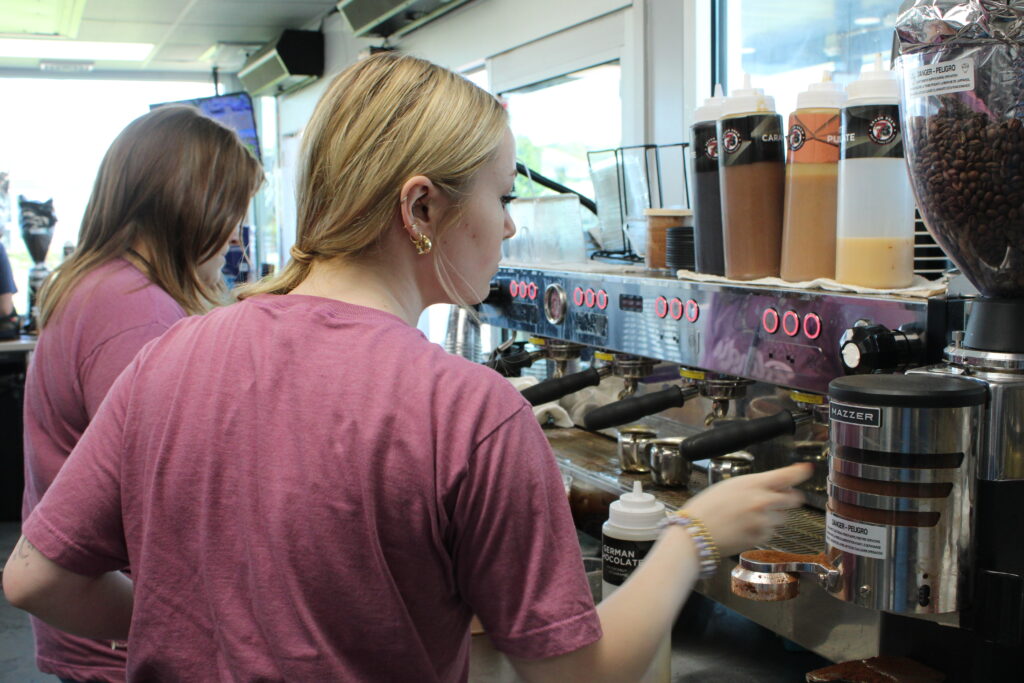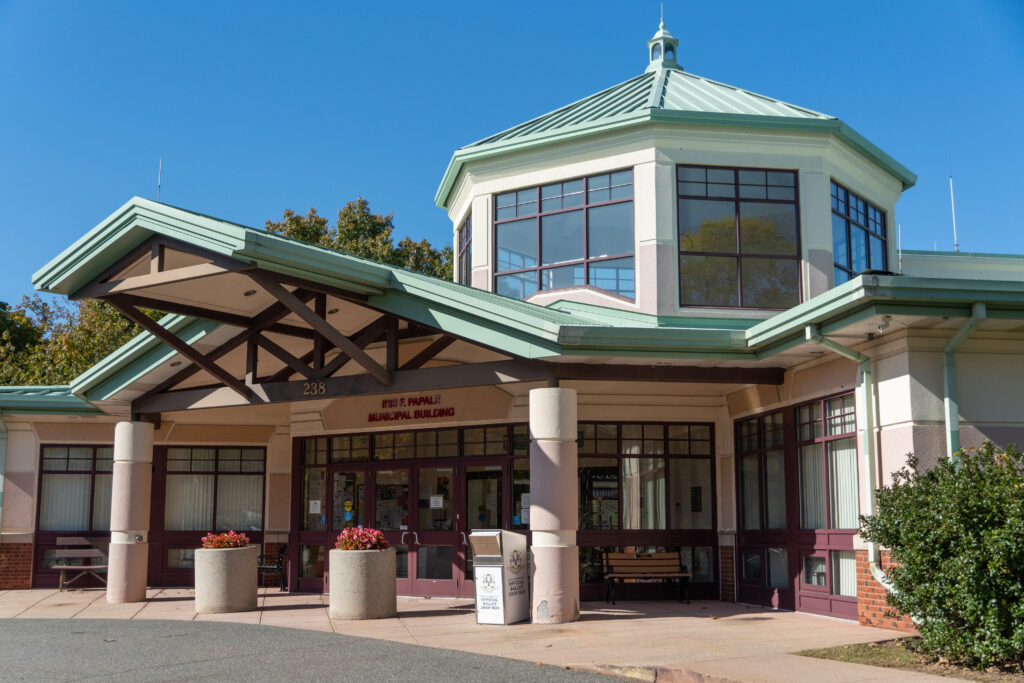On April 21, a dozen Choate students traveled to South Meriden, Connecticut, to spend the day helping out with a local Unity House. In 2002, the South Meriden Trinity United Methodist Church, with help from other churches in the Central Connecticut Cluster, began turning the two-story apartment into a transitional house for refugee families, formally creating the Unity House Refugee Resettlement collaborative mission.
With the help of Integrated Refugee and Immigrant Services (known as IRIS), Unity House was able to house its first refugee family in 2005, and has since housed eight more refugee families from Liberia, Egypt, Cuba, Congo, and Iraq. Currently, the house is undergoing renovations in preparations for the arrival of another family. This is what Choate students were able to help with.
Throughout the day, students worked on refurbishing the inside and cleaning the outside of the house, either by cleaning walls, raking leaves, or sawing branches. By the end of the day, the stairs and upstairs rooms were washed, the backyard was no longer filled with leaves and twigs, and the work accomplished by the students could be clearly seen by the trailer full of black plastic trash bags containing rotten wood, sawed-down trees, leaves, and garbage.
“It was surprising to look back and realize how much the team was able to achieve in just a few hours,” said JeeHwan Kim ’21. Even the church volunteers were impressed by how efficient the day had been. Ms. Kagee Hubbard, a member of the Unity House Leadership Team, said that “the students unselfishly donated time, asked what else could they do when a task was finished, saw what was needed and shared responsibilities in completing the tasks.”
As for the students, the hours passed by quickly, and each was able to enjoy the time off campus. Roshni Surpur ’20, who had also volunteered last year, said, “It was nice to work with people you wouldn’t normally see every day, both students and church volunteers, and I learned a lot.”
From this opportunity, volunteers felt themselves being inadvertently benefitted, either by knowing that they had helped somebody out, by being able to forget schoolwork for a few hours, or even through a combination of the two. “I realized how important and urgent our help was for the future refugee family,” said Kim. “I was able to gain a greatly worldly understanding,” added Surpur.
What sets this opportunity apart from others is definitely the cause. Not only is a student able to help out with a great program, they can also witness, as Ms. Melissa Koomson, Director of Community Service, put it “how U.S. involvement overseas also impacts our community.”
As with any community service experience, students were able to create new relationships or deepen their relationship with the community around them. “It provides an opportunity for students to learn about the world around them and the needs around them and gives them a break from their everyday routine,” Ms. Koomson commented.
“Those who help others, without even knowing who those others might be, are an especially wonderful bonus to a community,” said Ms. Hubbard.
As for the future, Ms. Koomson hopes to continue to provide this experience, and perhaps even create an opportunity for the students to meet the refugee family.





